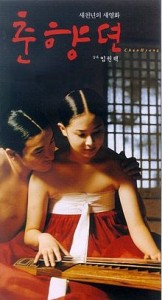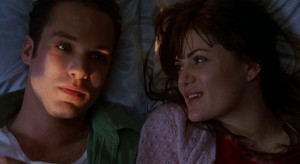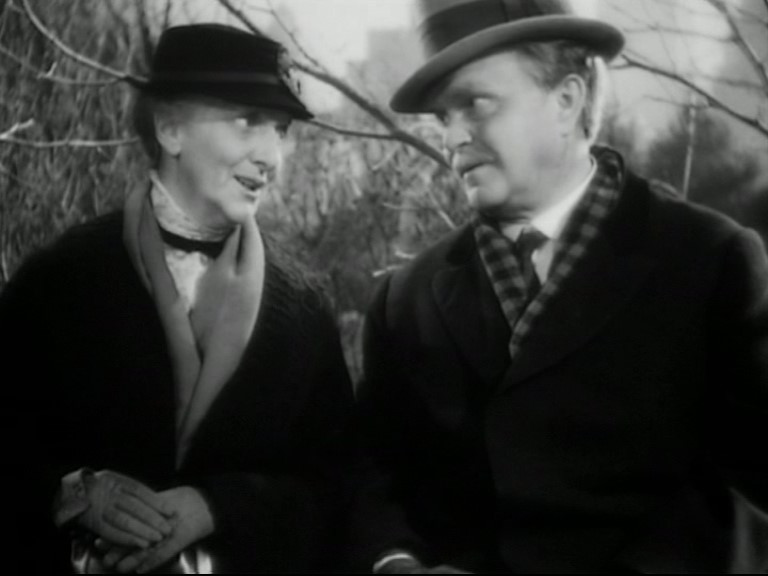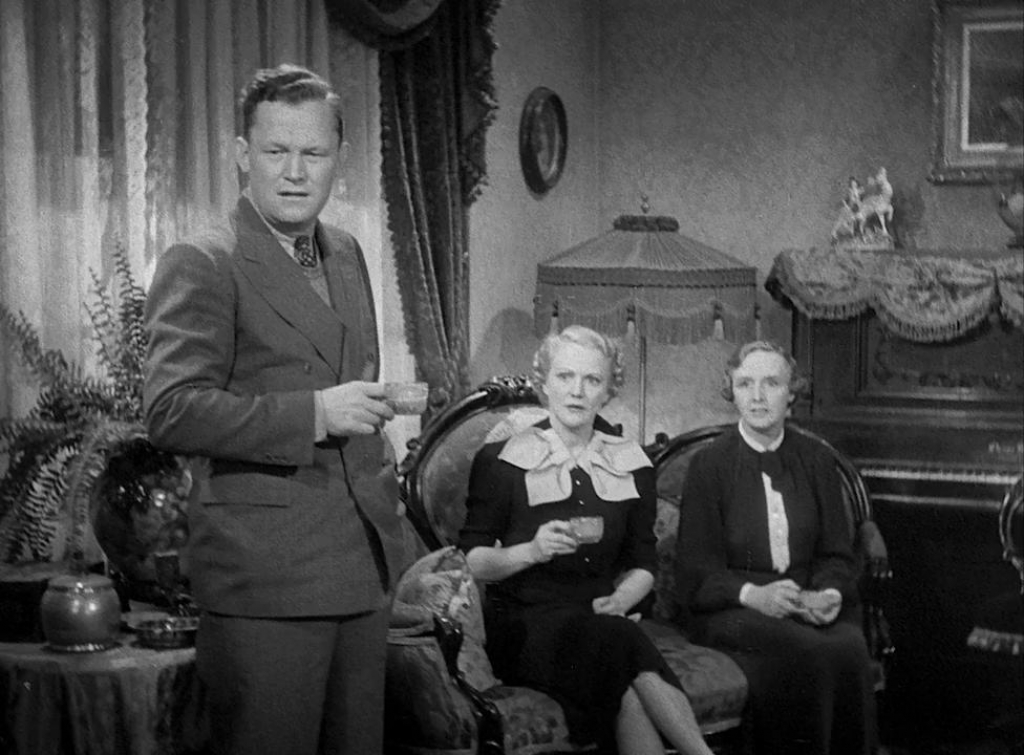Written for the Busan International Film Festival’s Korean Film retrospective catalogue, Fly High, Run Far: The Making of Korean Master IM Kwon-taek, Fall 2013. — J.R.

Preface
I can’t pretend to be familiar with Korean history in general and traditional Korean music in particular. But rather than attempt to disguise my ignorance with a handful of facts gleaned from superficial research, I prefer to approach Chunhyang (2000, 136 min.) in broader, more generalized, and less historical terms as a film confronting issues of representation relating to live performance as well as cinema, and the survival of relatively ancient forms of music and performance in the present.These are the issues that have drawn me to Chunhyang in the first place, despite an overall ignorance about Korean culture that extends to most of its cinema — including even most of the oeuvre of its most celebrated auteur, Im Kwon-taek.
I hope that this admission of my lack of knowledge and innocence can be regarded as a form of clarification and honesty rather than as an expression of arrogance. My theoretical assumption is that the most common form of journalistic bluff regarding such matters — conveying an unearned and unwarranted stance of authority, typically justified through a series of lazy intellectual shortcuts and/or appropriations (such as, for example, describing pansori as some Korean variant of the American blues) — is ultimately more imperialistic in effect than any honest admission of cultural ignorance. Read more
From the Chicago Reader (October 11, 2002, and then again on June 24, 2005, when Roger introduced it and led a discussion about it). Happily, this film is still available from Amazon and on YouTube, and in memory, it seems to get better and better all the time. — J.R.

There are so many curves and anomalies in this unpredictable low-budget independent feature (2001) by Chicago actor Michael Gilio that I’m tempted to call it an experimental film masquerading as something more conventional. If it’s a comedy — and I’m not sure it is — there are far too many close-ups, though this is also very much an actors’ film. If it’s a road film — and I’m not sure it is — it never gets very far on any given route, though that’s surely deliberate. Two characters (played by Gilio and Bullet on a Wire‘s Lara Phillips) are opaque — they meet at a convenience store where she’s shoplifting, then go on a cross-country trip toward LA, until things start to get weird — and two (played by Karin Anglin and the charismatic Rich Komenich) have backstories. This movie is about the interactions between these characters, and though I’m still trying to figure out what all the pieces mean, there’s no way I can shake off the experience. Read more
From the February 24, 2oo6 Chicago Reader. — J.R.

With the possible exception of Yasujiro Ozu’s Tokyo Story, this 1937 drama by Leo McCarey is the greatest movie ever made about the plight of the elderly. (It flopped at the box office, but when McCarey accepted an Oscar for The Awful Truth, released the same year, he rightly pointed out that he was getting it for the wrong picture.) Victor Moore and Beulah Bondi play a devoted old couple who find they can’t stay together because of financial difficulties; their interactions with their grown children are only part of what makes this movie so subtle and well observed. Adapted by Vina Delmar from Josephine Lawrence’s novel Years Are So Long, it’s a profoundly moving love story and a devastating portrait of how society works, and you’re likely to be deeply marked by it. Hollywood movies don’t get much better than this. With Thomas Mitchell, Fay Bainter, and Porter Hall. 91 min. 16mm. Also on the program: McCarey’s silent comedy short Be Your Age (1926), with Charley Chase. Sat 2/25, 8 PM, LaSalle Bank Cinema.
 Read more
Read more




